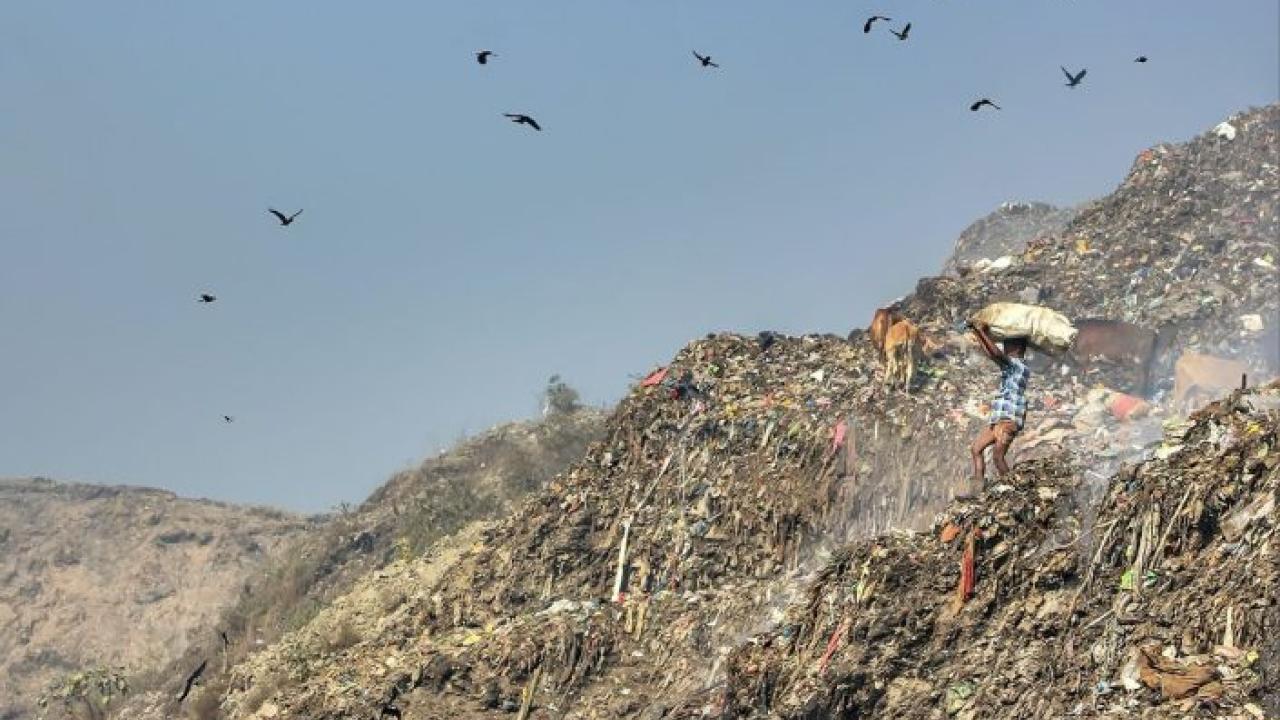Members of The Promise Institute for Human Rights, part of the UCLA School of Law, played a large role in developing a new legal definition for ecocide. In part, the new definition includes any, “unlawful or wanton acts committed with knowledge that there is a substantial likelihood of severe and either widespread or long-term damage to the environment being caused.” Should this definition be accepted by the international community, it could be revolutionary in holding corporate and governmental decision makers personally responsible for damages to the environment.
The team which created this definition originated in a 2020 symposium held at UCLA which explored the connection between human rights and the climate crisis. While the term “ecocide” is not new, having entered lexicon following the use of Agent Orange during the Vietnam War, this legal definition could put it on the same level as genocide, war crimes, and crimes against humanity. With this new mechanism for accountability, there could be massive improvements in the mitigation of the climate crisis.
Even if ecocide becomes law, however, creators of the definition hope that it will never be used. Kate Mackintosh, executive director of The Promise Institute and co-deputy chair of the international drafting panel, says, “The hope is that this will change the risk analysis in a way that leads to better choices for the environment. We all win when that happens.”
Learn more at UCLA Newsroom.





